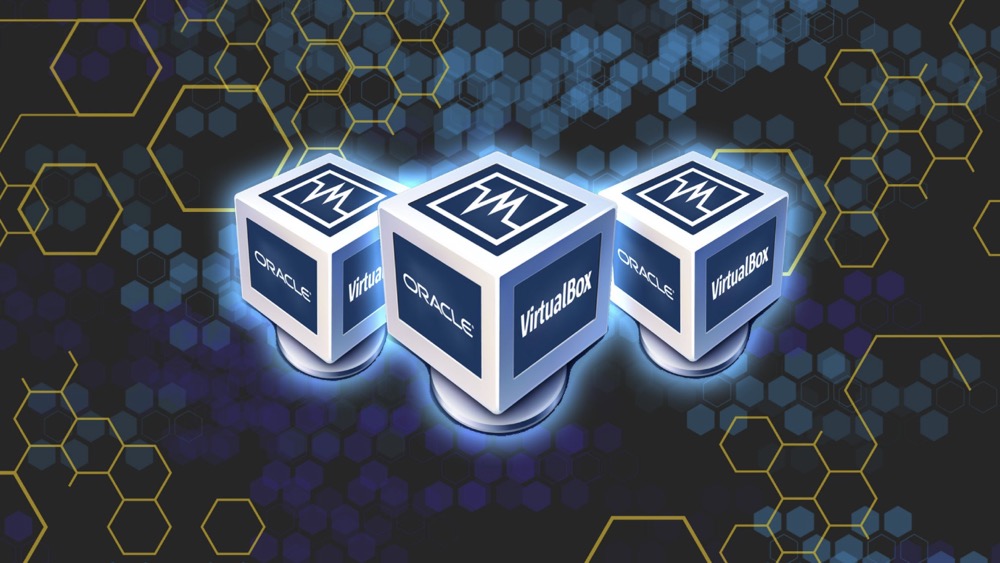Windows 10 is Microsoft's latest entry to the Windows family of operating systems. It features many new ideas and design aspects revitalizing how many people use Windows. With so many new features, many people are eager to foray into this new version of Windows. After the release of Windows 10 to the public, many people are interested in continuing on the early release builds coming out as well. Using visualization is a great alternative to outright installing Windows 10, or newer builds, that allows users to try new features without risking any damage to their system. This guide will use VirtualBox as it is a free and readily available visualization solution.
Steps
Acquire the software.
For instructions on how to download and install VirtualBox follow this link. Windows 10 is available on Microsoft’s web page here You’ll either have to sign in or register for the Windows insider program to gain access to the download. Make sure you download the ISO.
Open VirtualBox and select “new machine”.
You should be able to do this once you’ve installed VirtualBox and Windows 10.
Type in “Windows 10” into the text box.
You can type this in, or you can choose a different name for this Operating System, if you prefer. Once this is done, select “Windows” on the first scroll menu, and then select “Windows 10” from the version box (second scroll box).
Select how much RAM you’d like to give the machine.
When the setup wizard asks you how much RAM to give the machine, giving the machine the default amount of RAM should be fine, but if you have a surplus or limited RAM, then adjusting the slider is fine.
When the wizard asks about a new virtual hard disk, do not select anything.
Simply select “Next”.
When the wizard asks what type of virtual hard drive you want, select “VDI(Virtual Box Disk Image)”.
The VDI should be selected by default. When you’re done, select “Next.”
Set the disk space for your hard drive.
The wizard will ask you to set the disk space for your hard drive; you can select a dynamically allocated or a fixed size. You may choose either; however, it is often better to choose a fixed size, as it is usually faster and more stable.
Select your disk size.
20 gigabytes should be selected as a minimum, but the more space, the merrier.
Select “Create.”
Once the summary page comes up, you can choose this option. Prepare to wait, as this can take a while.
Launch your virtual machine by opening “VirtualBox” and clicking on the machine.
When a dialog box appears, select your Windows 10 iso.
Follow the on-screen instructions and enjoy your cutting edge new OS.
You’re all done!
Tips
- Allocate more than 1 GB of RAM to Windows 10.
- Make sure you are running the latest version of VirtualBox.
- Windows 10 working in VirtualBox is not proof that it is compatible with your computer.
Warnings
- Don’t attempt this on old or low-performance computers. It will slow down your computer severely.
- This can take up lots of your hard drive space depending on what you select.
- Back up your computer before making any changes.
